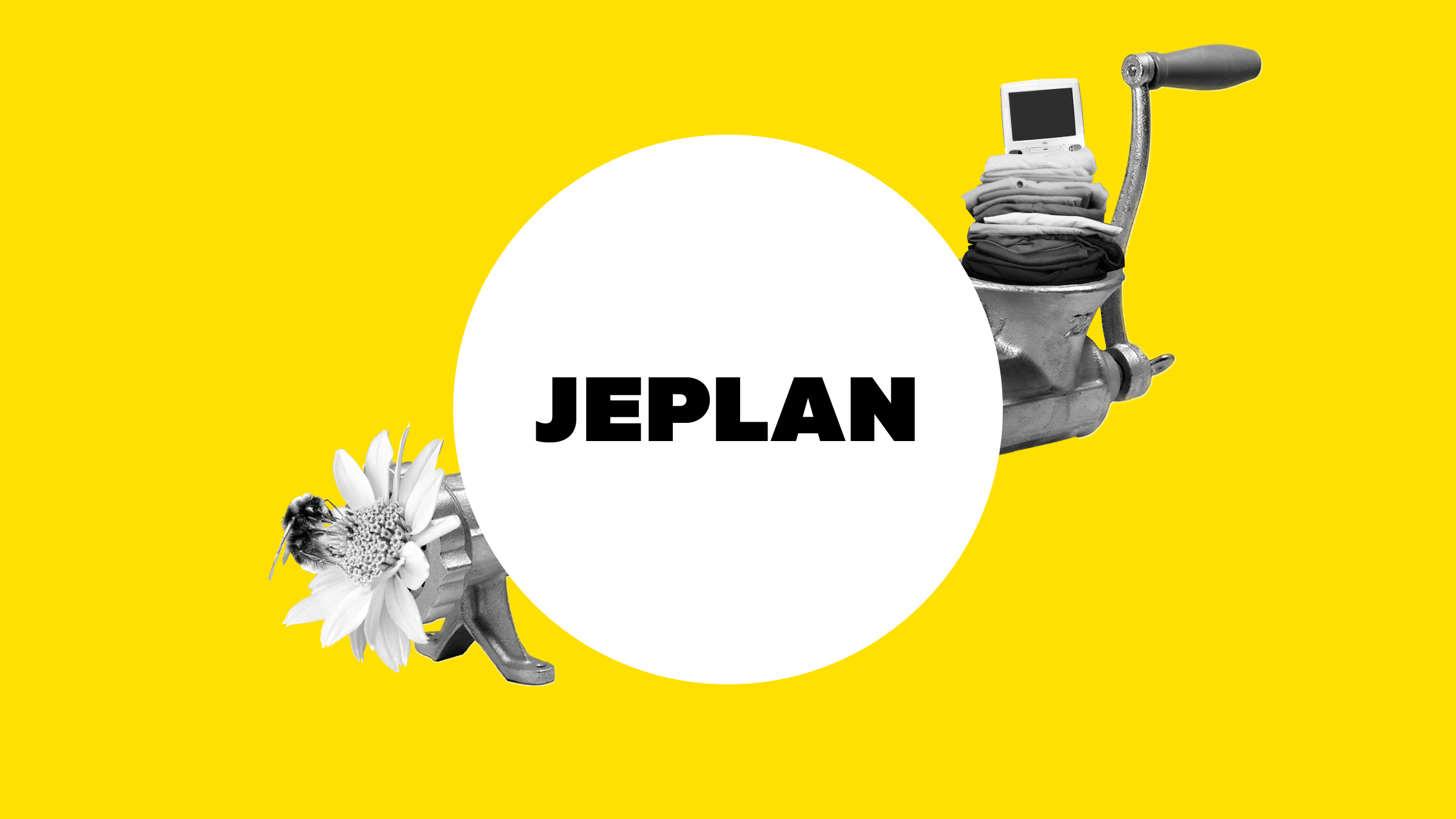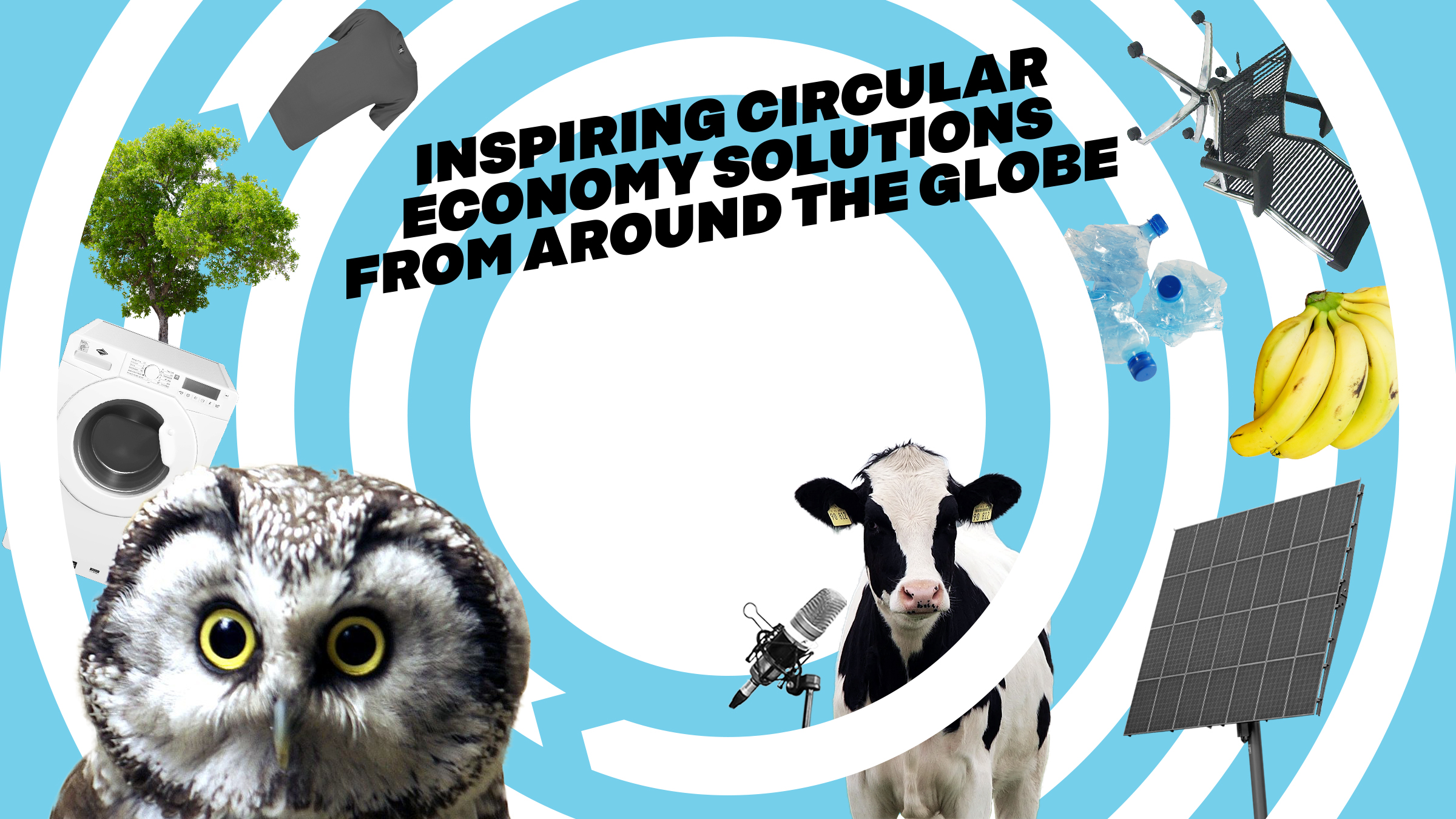JEPLAN strives to create a circular ecosystem for the fashion industry by developing recycling technology and constructing circular supply chains, with special focus on changing consumer behaviour. Specifically, they collect old clothes from consumers, recycle them chemically and sell the material back to their partners. Various mega players are participating in the supply chain in Japan and the solution is currently being piloted France, which demonstrates its high scalability potential.
JEPLAN invested 25 million euros in 2017 to complete its pilot plant specialised in polyester. Three years later, with various clothing brands and technology owners, BRING by JEPLAN flexibly incorporates various technologies and continues development and commercial production.
Problem
The value chain of textiles in the fashion industry is still linear and only a fraction of used textiles is recycled globally. The use of recycled materials in fashion is increasing, but new recycling technology is needed to close the loop and to decrease the negative environmental and social impacts of the industry. Additionally, consumers do not often have enough motivation to bring used clothes to collection points for recycling.
Solution
JEPLAN currently recycles polyester and cotton and sells the recycled materials back to its partners. Through this, the solution reduces the use of fossil fuel-based resources and the amount of textile waste, fostering circular behaviour both on a corporate and consumer level.
JEPLAN’s project BRING calls on consumers to return their old clothing back to stores. The project has been established in collaboration with several major fashion brands. These partners take back used garments at their stores and JEPLAN provides them a service for recycling these items.
The biggest contribution to circularity is triggering the creation of a new consumption culture. JEPLAN fosters circularity and transitioning away from the current linear textile industry by creating incentives for consumers to return used clothes to retail stores.
The technology itself supports the transition to an oil-free textile industry by making the existing manufacturing process for petroleum-based products obsolete.
Environmental impact
With collecting 3,000 tonnes of used clothes since the launch of BRING, JEPLAN realises reductions in the use of virgin and fossil fuel-based raw materials by producing recycled raw materials. Also, the solution enables a reduction of waste streams to incineration or landfill by providing the collection system for retailers.
Social impact
JEPLAN improves access to sustainable consumption choices for their customers, and the company strives to increase people’s awareness of circular fashion. They have contributed positively to health and wellbeing of local communities by decreasing the impacts associated with incinerating textiles.


Inspired?
Check out all solutions.